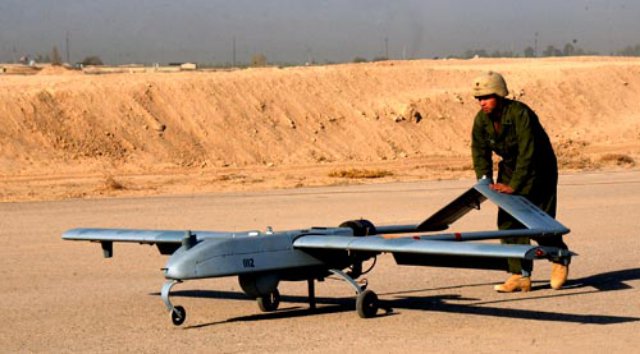The US Army and AAI have established a specialist team to determine the root cause of an engine issue that has affected the service’s RQ-7B Shadow 200, resulting in several platforms failing during operations over Afghanistan.
Speaking to Jane’s in late November, the army’s Product Manager (PM) for UAS Ground Maneuver, Lieutenant Colonel Joseph Anderson, said: “Understanding the root cause [of these engine anomalies] is critical. “Based on investigations and trend analysis, the army and AAI established a ‘Tiger Team’ to determine how to efficiently address the issue.”
According to Lt Col Anderson, the issue affects the Shadow 200-X5 and the newer Shadow 200-80 variants of the RQ-7B operated in theatre by the army (X5 and -80 [Dash 80] are sub-configurations of the Shadow 200 and denote minor changes to the wings and engine). These X5 and -80 aircraft are fitted with UEL’s AR741-1101 and AR741-1102 Wankel rotary engines respectively.
“The situation applies to both fielded Shadow engines,” Lt Col Anderson said. “The 1102 engine represents an incremental improvement in reliability relative to the 1101 [and] addresses several other issues by replacing the carburettor with electronic fuel injection.”
Despite these improvements, the feeling in theatre is that the older 1101 engine is proving to be more reliable in the ‘hot and high’ conditions of Afghanistan.
This feeling was articulated to Jane’s during a recent visit to the 172nd Separate Infantry Brigade’s (SIB) headquarters and UAS operating station at Forward Operating Base (FOB) Sharana in Paktika Province.
Source: Jane’s

